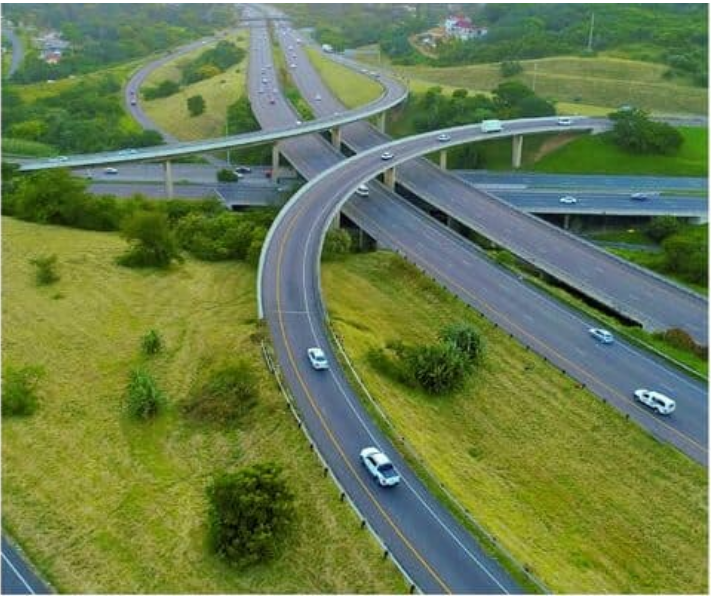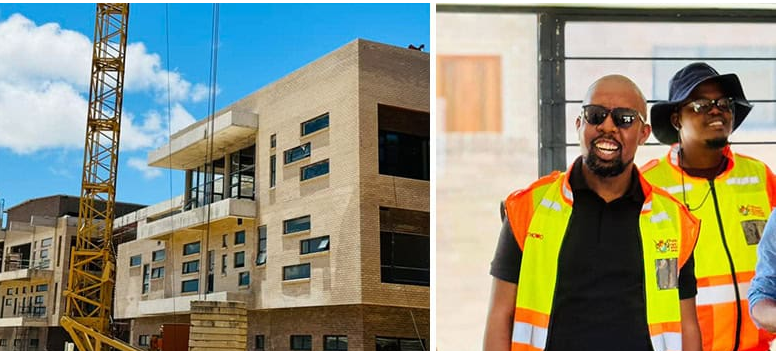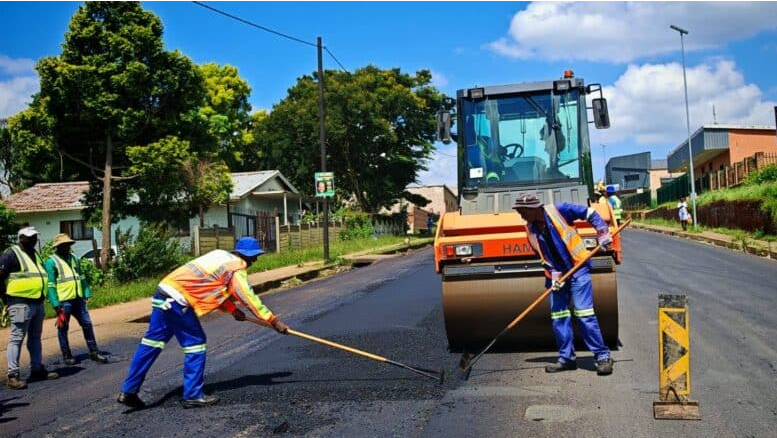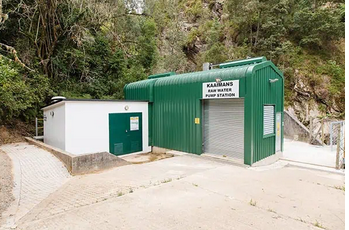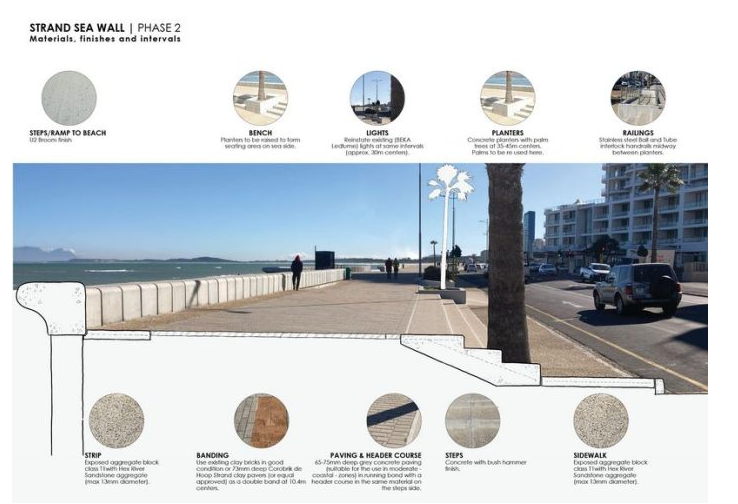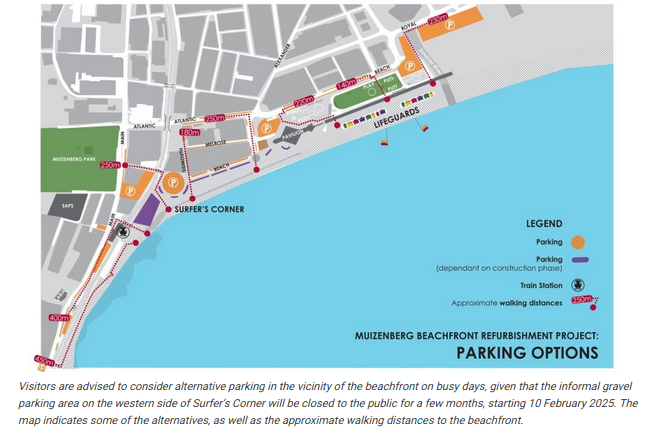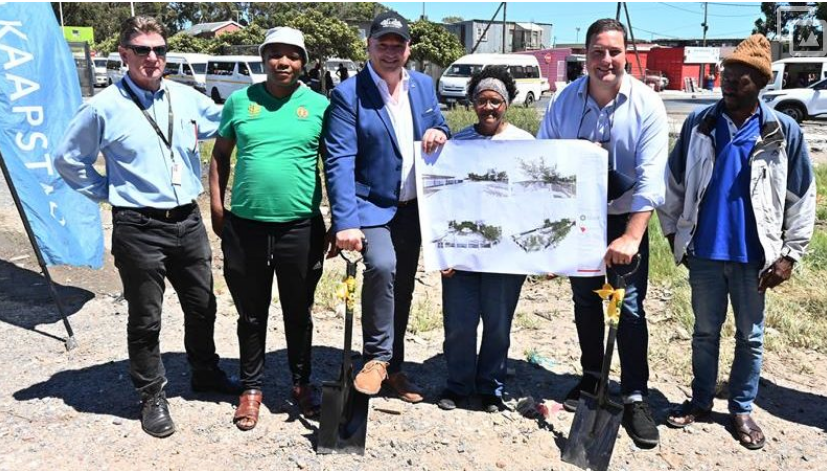Forget robots, the future's biggest transformation will be on the roads

Advertising
30-04-2019
Read : 184 times
Fin24
Source
Over the next 20 years, what will be the most unexpectedly transformative technology?
It’s a question that’s been asked of me more than once recently, and my counterintuitive answer is the automobile — and I am not referring to self-driving vehicles. Often innovation comes most strongly in basic, frequently used services, where the value proposition is already well established. So the car has a distinct advantage over a Mars colony, say, or a hyperloop.
The automobile experience has already improved greatly in recent years, mostly through ride-sharing, which enables new trips or helps people get work done or talk on the phone when they otherwise would have been driving.
Ride-sharing has been the biggest technological boost to my standard of living since the smartphone, and the service benefits both drivers and non-drivers. It’s not surprising that two of this year’s most publicized IPOs are Uber and Lyft, with Uber having a potential valuation of $90bn.
And many haven’t even started using ride-sharing, so there is plenty of room for the market to grow.
As a general principle, major initial innovations lead to subsequent further innovations. For instance, ride-sharing already is substituting for some forms of public transportation. Ride-sharing will help keep transportation services available where there aren't bus or train lines, including for the elderly who no longer always feel comfortable driving.
Room for improvement
Another reality of the contemporary automobile is that Tesla has managed to rethink the entire design. The dashboard and interior are reconfigured, the drive is electric, software is far more prominent and integrated into the design, voice recognition operates many systems, and there are self-driving features, too. Whether or not you think Tesla as a company will succeed, its design work has shown how much room there is for improvement.
You might object that cars have numerous negative features — but that’s where there is much of the potential for major transformation. Cars cause a lot of air pollution, but electric cars (or maybe even hydrogen cars) are on their way, and they will lower noise pollution too, as hybrids already do.
Cars also create traffic congestion, but congestion pricing can ease this problem significantly, as it already has in Singapore. As for building new highways, transportation analyst Robert W. Poole Jr. argues in his new book that there is plenty of room for the private-sector toll concession model to grow, leading to more roads and easier commutes.
In other words, the two biggest problems with cars — pollution and traffic congestion — have gone from "impossible to solve" to the verge of manageability.
Safety
There is also the issue of safety, as automobile crashes are a major cause of death. But software can help with automatic braking, detection of menaces, and monitoring whether drivers are drunk or stoned. Crash impact systems can become safer yet. In the case of pedestrian deaths, perhaps smartphones can be improved to detect and warn of oncoming vehicle menaces, or improvements could come on the vehicle side.
And if full self-driving vehicles do work out on a broad scale, with Wi-Fi and napping in the back seat, the car will get better yet. In the meantime, the proliferation of podcasts has made driving a lot more fun.
Right now, vehicles are widely owned despite having pretty hefty price tags and demanding many hours of time. The basic infrastructures and legal frameworks are already in place. So, despite the current obsessions with robots and gene editing, it should be evident that the biggest tangible changes from technology in the next 20 years are likely to come in a relatively mundane area of life — namely, life on the road.
Recent News
Here are recent news articles from the Building and Construction Industry.
Have you signed up for your free copy yet?
